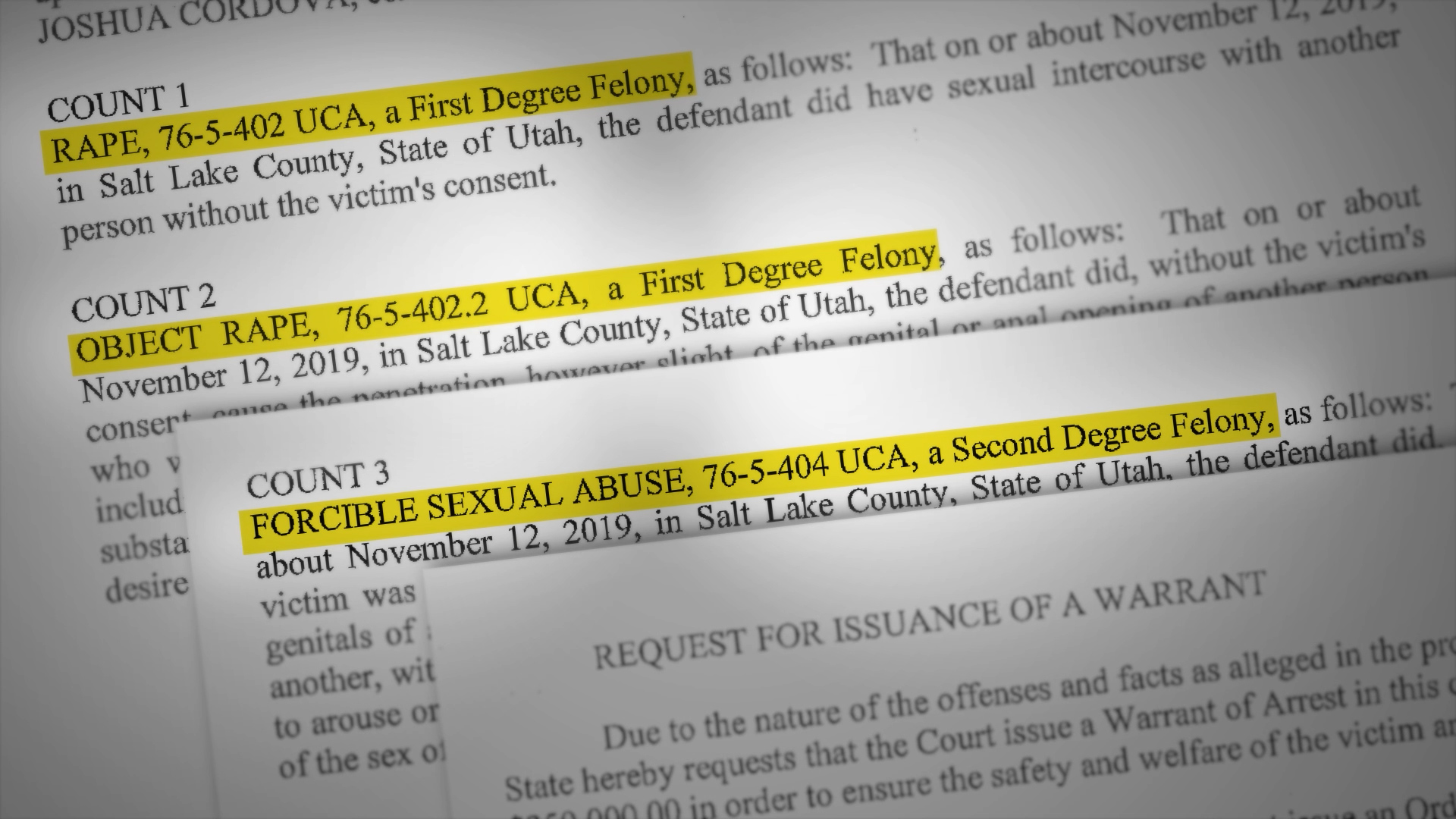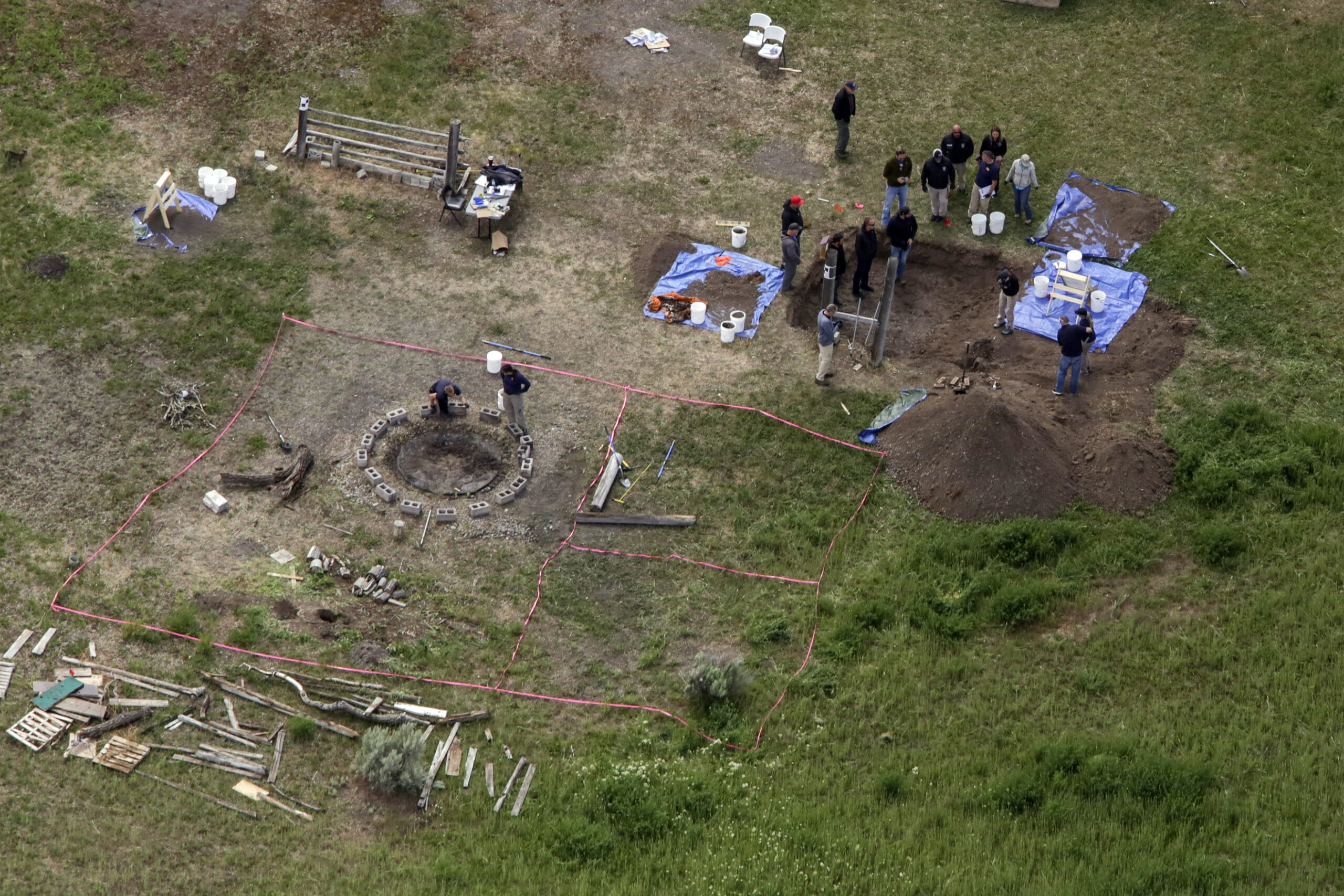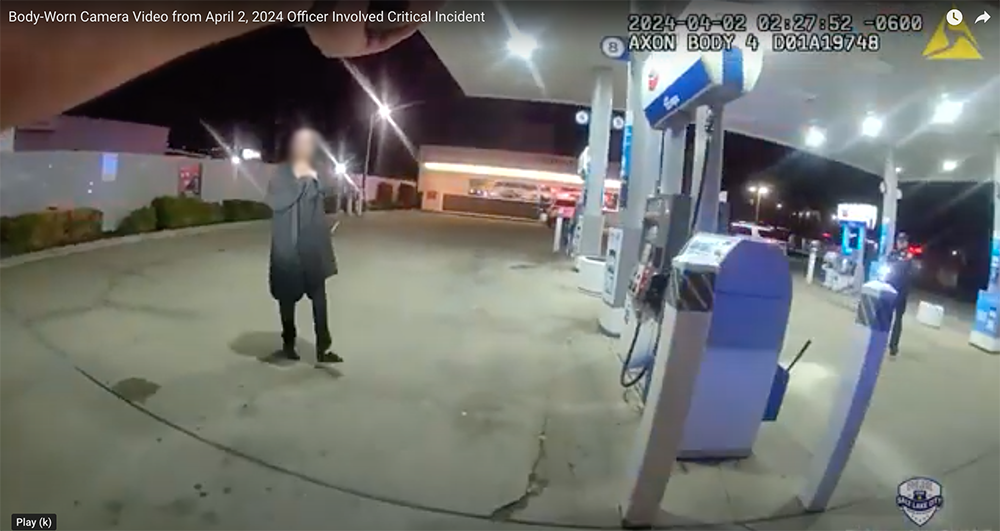Utah serial voyeur found not competent; judge orders an attempt to restore competency
Nov 8, 2022, 9:23 PM | Updated: Nov 18, 2022, 5:38 pm

A man with a long history of voyeurism and child pornography charges is not currently competent to proceed with trial, according to a 4th District Court judge. But the judge also ordered an attempt to restore the man to competency instead of dismissing the charges. (Kristin Murphy, Deseret News)
(Kristin Murphy, Deseret News)
PROVO — A man with a long history of voyeurism and child pornography charges is not currently competent to proceed with trial, according to a judge’s ruling Tuesday. But the judge also ordered an attempt to restore the man to competency instead of dismissing the charges.
Jonathan Jareth Soberanis, 27, has been arrested multiple times in Utah and Salt Lake counties and accused of crimes against children, including voyeurism, lewdness, exploitation and abuse. In most cases, the criminal charges were dismissed, including charges of exposing himself to children in public bathrooms.
Fourth District Judge Sean Petersen orderedthat Soberanis be held securely by the Utah Department of Health & Human Services while it attempts to restore him to competency.
Currently, Soberanis is facing 21 counts of sexual exploitation of a minor, a second-degree felony; aggravated sexual abuse of a child, a first-degree felony; assault by a prisoner, a third-degree felony; lewdness involving a child and two counts of assaulting a peace officer, class A misdemeanors; and two counts of voyeurism, one a class A misdemeanor and the other a class B misdemeanor.
Petersen said there is not enough evidence to determine there is not a substantial probability Soberanis could be restored to competency without making an attempt to restore him to competency. This time, the charges will remain while Soberanis is treated.
“Overall, the preponderance of the evidence shows that Mr. Soberanis is not currently competent to proceed. However, Mr. Soberanis has recently demonstrated some higher-order thought, including showing some understanding that his recent actions should be hidden and an ability to take steps to cover his tracks,” Petersen said. “It does appear there may be a substantial probability that defendant’s competency may be restored in the foreseeable future.”
Petersen explained that to be competent to stand trial, a person must have an understanding of the criminal proceedings, understand the possible punishments, and be able to consult with their legal counsel and assist in his or her defense.
Soberanis has been found not competent for trial in four different evaluations over the last four years, in response to multiple charges brought against him. The judge considered each evaluation and testimony given by two of the forensic evaluators in a hearing in September before making his decision.
In each evaluation, medical professionals determined Soberanis did not have a substantial likelihood of being restored to competency in the foreseeable future, but Petersen critiqued some aspects of the findings. He said the likelihood of Soberanis being restored to competency only needs to be more than conceivable.
Petersen also noted that assistant attorney general Carl Hollan expressed concerns Tuesday about the reliability of forensic competency evaluations due to the high percentage of defendants in Utah who are found not competent compared to the national average. The judge said he agreed with Hollan that there were issues with the legal standard used by evaluators.
“Some of these statements seem to overstate what is needed by Utah law for a finding of competency,” Pertersen said.
The judge noted Soberanis has shown he can use the dark web or disguises and has been seen attempting to hide his actions. Soberanis also has circumvented jail rules and shown he can successfully hold a job, he added.
These things, Hollan argued previously, show Soberanis has a higher capacity than it appears. The judge cited Hollan’s argument that signs of inconsistency in testing show Soberanis could be exaggerating his condition.
Petersen said according to the evaluations, these signs he is exaggerating his condition could also be due to disinterest and Soberanis’ mental disabilities could lead to a false positive if they were to do a specific test to consider it.
During the hearing, Hollan asked the court to order that Soberanis be kept in a secure setting, noting his danger to the community and outstanding federal charges. This secure facility could be the Salt Lake County Jail or the Utah State Hospital. Soberanis’ attorney, Matt Morrise, did not contest this request.
The court will consider the attempts to restore Soberanis to competency, using a report from the Utah State Hospital, in a review hearing on Feb. 28.













